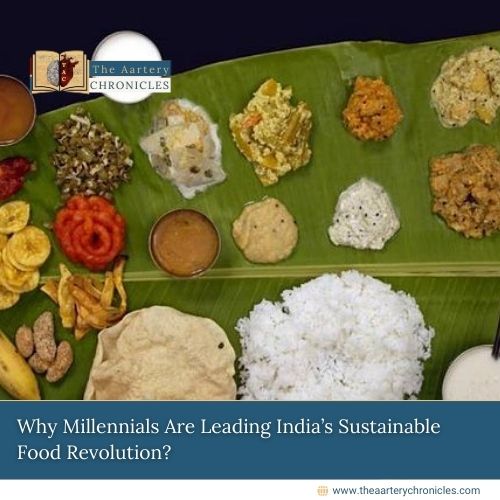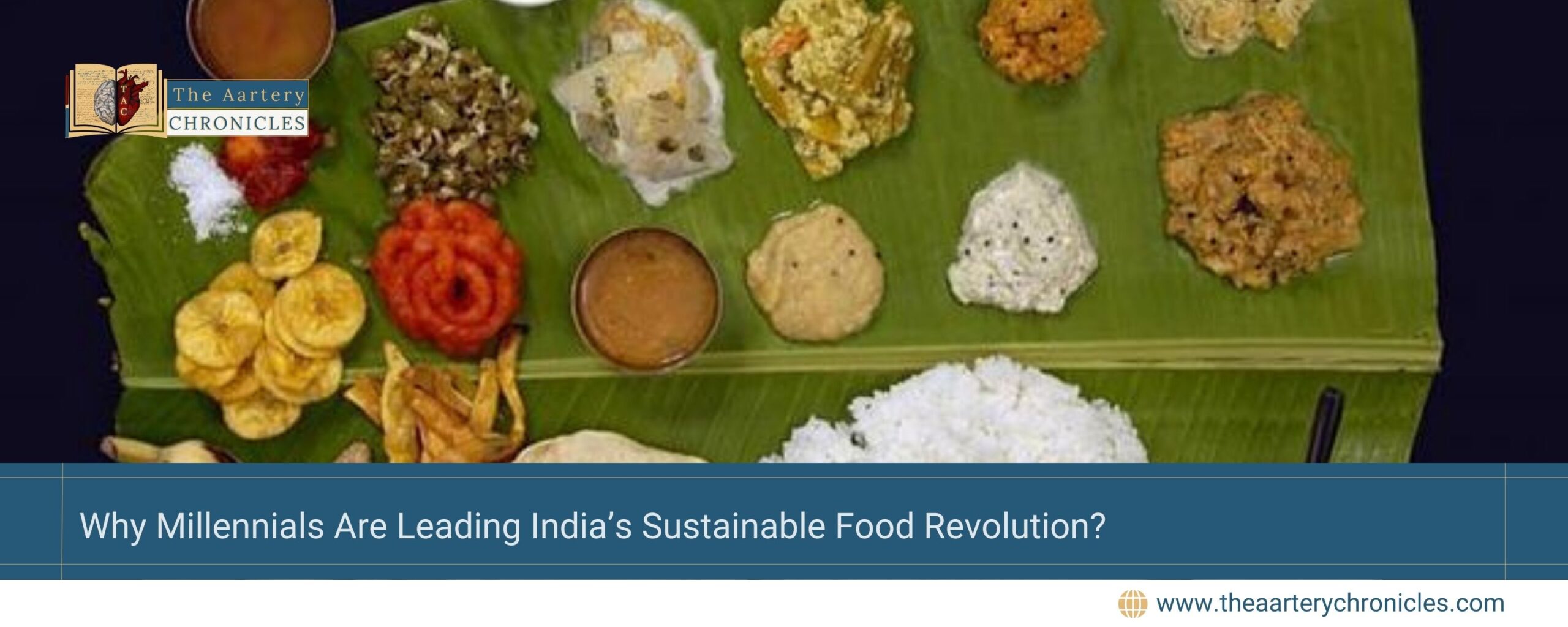

Why Millennials Are Leading India’s Sustainable Food Revolution?
A new report by Sodexo reveals that Indians are outpacing many developed countries in embracing sustainable food and healthy food habits. This trend reflects a growing awareness about health, environmental impact, and global food trends.
Key Findings of the Study
Sodexo’s Sustainable Food Barometer surveyed over 7,000 people across five countries, including 2,000 from India. The findings highlight India’s rapid shift towards sustainable food choices, driven by a variety of factors. Over two-thirds of Indians showed a strong preference for sustainable food, placing the country ahead of developed nations in this area.
However, price remains the top priority for most Indians when choosing food products, followed closely by taste. Environmental concerns, while important, rank lower in decision-making.
Role of Millennials
Millennials (aged 25–44) are leading this transformation in India. According to the survey, 60% of millennials are actively committed to sustainable food choices and incorporate these practices into their daily lives. They prioritize health, ethical consumption, and environmental impact alongside affordability.
Gen Z, on the other hand, remains somewhat indecisive about adopting sustainable food habits.
Why are Eating Habits Changing?
- Increased Access to Information: Social media, health blogs, and fitness influencers have raised awareness about the connection between food and health.
- Global Integration: Indians embrace global food trends like veganism, plant-based diets, keto, and gluten-free options.
- Higher Disposable Incomes: Millennials can afford healthier and more sustainable food options, aligning their consumption with personal and social values.
What Matters Most When Choosing Food?
The survey identified the top factors influencing Indian food choices:
- Price: Affordability is the leading consideration.
- Taste: Flavors remain essential.
- Health and Balanced Diet: Nutritional value and overall health benefits rank high.
- Product Composition: Ingredients and their quality play a significant role.
Efforts by the Food Industry
The food services industry plays a critical role in promoting sustainable eating habits. For instance, Sodexo is taking several steps to encourage this shift:
- Sourcing Local and Sustainable Ingredients: By partnering with farmer communities, NGOs, and small businesses, Sodexo supports sustainable agricultural practices and livelihoods.
- Reducing Food Waste: Through initiatives like WasteWatch, Sodexo tracks and minimizes food waste while educating consumers and food service teams.
- Nutritional Guidance: The company uses tools like traffic light symbols on meals to inform customers about nutritional value, enabling better food choices.
The Road Ahead
India’s growing focus on sustainable food consumption has the potential to significantly reshape the country’s food trends. As more people embrace healthier, environmentally friendly choices, the demand for sustainable products is expected to rise, creating a positive impact on both health and the planet.
This transition shows that with the right awareness and support, sustainable eating can become a part of daily life, benefiting individuals, communities, and the environment alike.
Source: Inputs from various media Sources









